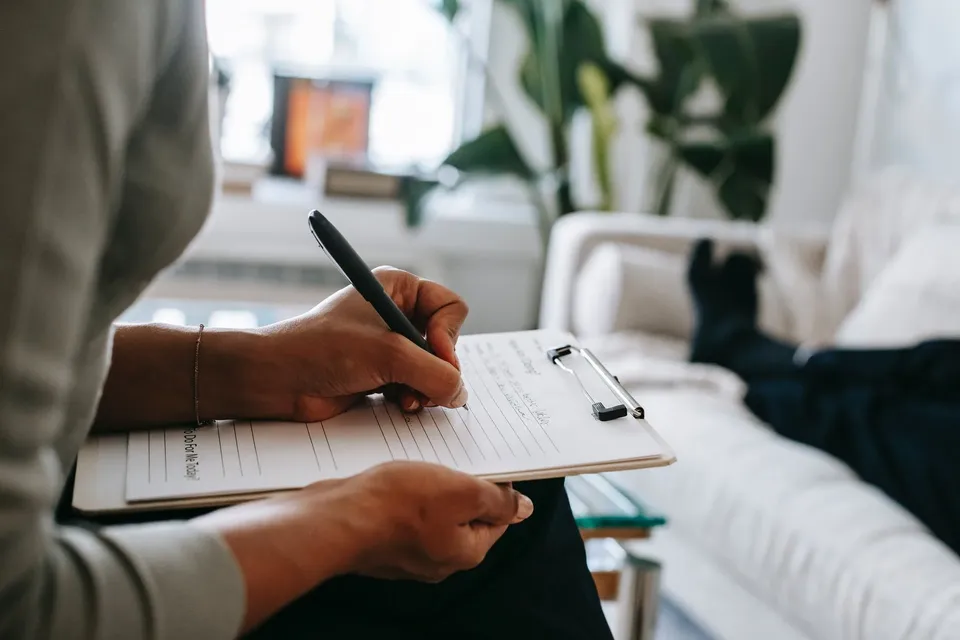Teacher Self-Reflection

Every day in the classroom, teachers and students experience various degrees of success. Good teachers conscientiously prepare lessons based on the prescribed curriculum and students’ ability levels. However, no matter how prepared the teacher is, things do not always go as planned. For example, very often students do not share the teacher’s enthusiasm for the lesson; equipment does not work, or supplies are unavailable; interruptions distract students, and sometimes the students just don’t get what has been taught. Success is never guaranteed and when things go awry, it is time to think about what went wrong and strategize how to prevent future failures. Even when we think a lesson went well, it is also helpful to reflect on that lesson to identify the elements of the lesson that can used again and tweak the portions of the lesson that need revisions.
However, simply thinking about the lesson is not reflection. There should be a methodical, structured approach to the reflection process. Teachers should begin with a general overview of the lesson.
First, ask these questions:
• Did any part of the lesson go differently than what was planned? Why did that happen?
• Would you do anything differently if you were to teach this lesson again? Why? What would you do the same? Why?
• What surprised you in your lesson?
• Does any part of the lesson stand out in your mind? Describe it and try to determine why you continue to think about it.
Next, think about the overall goal of the lesson and ask yourself if the students learned the stated objectives by asking these questions:
• Were your teaching methods effective? How do you know?
• Were your activities effective? How do you know?
• Were the instructional materials effective? Would you use them again or try different ones?
• Did any students have difficulty with any part of the lesson? Why do you think this occurred?
• Did any students do especially well in this lesson? What could account for this success?
Last, think about the next steps and ask this question:
• What will you do to assist those students who did not reach the desired goal?
• How will you enhance the learning of the students who achieved the objectives of the lesson?
This type of self-reflection can be time consuming and time is something teachers rarely have in abundance during the day, For this reason, thoughtful reflection should occur after the school day. Unfortunately, teachers with multiple classes and other duties cannot always recall every detail of the lessons. Using a short, Likert type measurement tool can assist the teacher in recalling the important aspects of the lesson they want to revisit. This tool only takes a few minutes to complete and can be an invaluable tool in preserving the important aspects the lesson experience.
|
My General Preparedness |
0
1
2
3
4
5 |
|
Work/Product Quality |
0
1
2
3
4
5 |
|
Student Engagement |
0
1
2
3
4 5
|
|
Skill/Concept Acquisition |
0
1
2
3
4
5 |
|
Classroom Management |
0
1
2
3
4
5 |
|
Differentiation |
0
1
2
3
4
5 |
|
Teacher Mood |
0
1
2
3
4
5 |
|
What’s the day’s
takeaway? What do you need to
remember? |
Notes: |
https://www.educationworld.com/making-teacher-reflection-meaningful
Using this quick and easy reflection form, teachers can readily recall the important hits and misses of the lessons. Once there is time the a more comprehensive self-reflection can occur. Perhaps a template similar to the one provided below can assist with this exercise.
| General Observations | |
| Did any part of the lesson go differently than what was planned? Why did that happen? | |
| Would you do anything differently if you were to teach this lesson again? Why? What would you do the same? Why? | |
| What surprised you in your lesson? | |
| Does any part of the lesson stand out in your mind? Describe it and try to determine why you continue to think about it. | |
| Student Success in Learning - Stated Objectives | |
| Were your teaching methods effective? How do you know? | |
| Were your activities effective? How do you know? | |
| Were the instructional materials effective? | |
| Did any students have difficulty with any part of the lesson? Why do you think this occurred? | |
| Did any students do especially well in this lesson? What could account for this success? | |
| Did any students do especially well in this lesson? What could account for this success? | |
| Next Steps | |
| What will you do to assist those students who did not reach the desired goal? | |
| How will you enhance the learning of the students who achieved the objectives of the lesson? | |
This template provides an example of the types of questions teachers could ask themselves in order to enrich their lessons, eliminate practices that detract from or undermine lesson effectiveness and overall lead them to becoming better educators. It can be modified by adding questions more pertinent to a particular class or school setting or eliminating those that do not apply. Additionally, some schools and school districts require teachers to self-reflect on a daily basis. Sometimes a specific format is required while occasionally teachers can design their own self-reflection tool. Teachers can check their school or system’s website to see if a specific tool is provided. Whatever tool is used, teacher self-reflection is a practice that should become a part of every teacher’s daily routine.